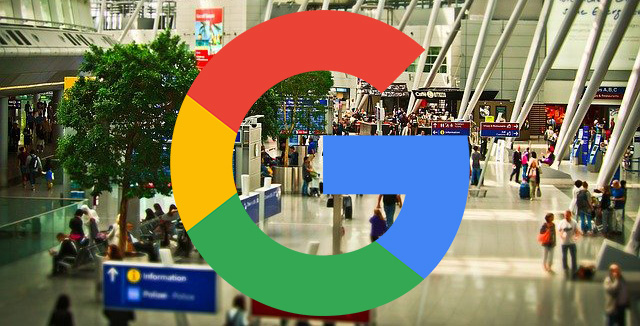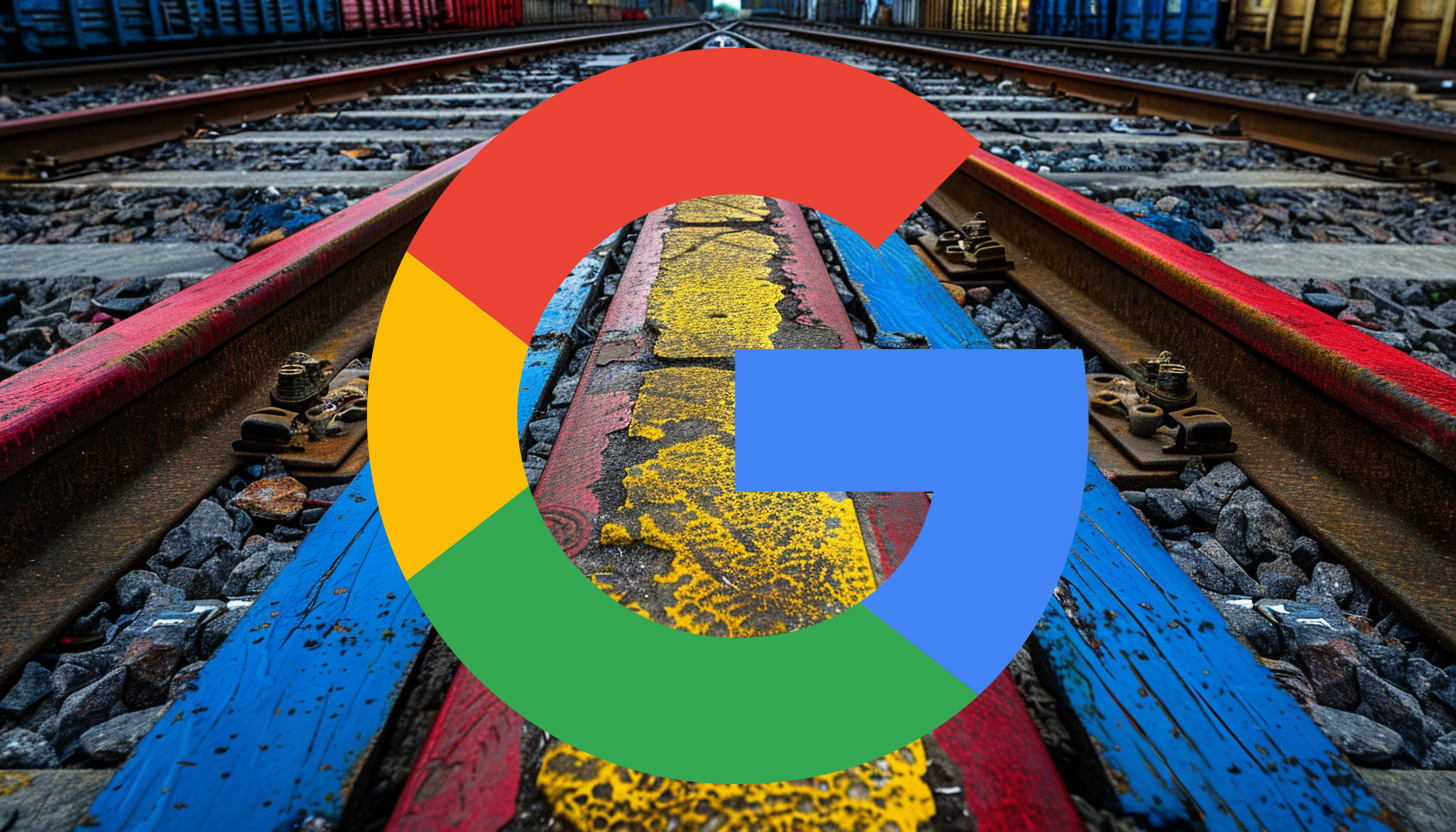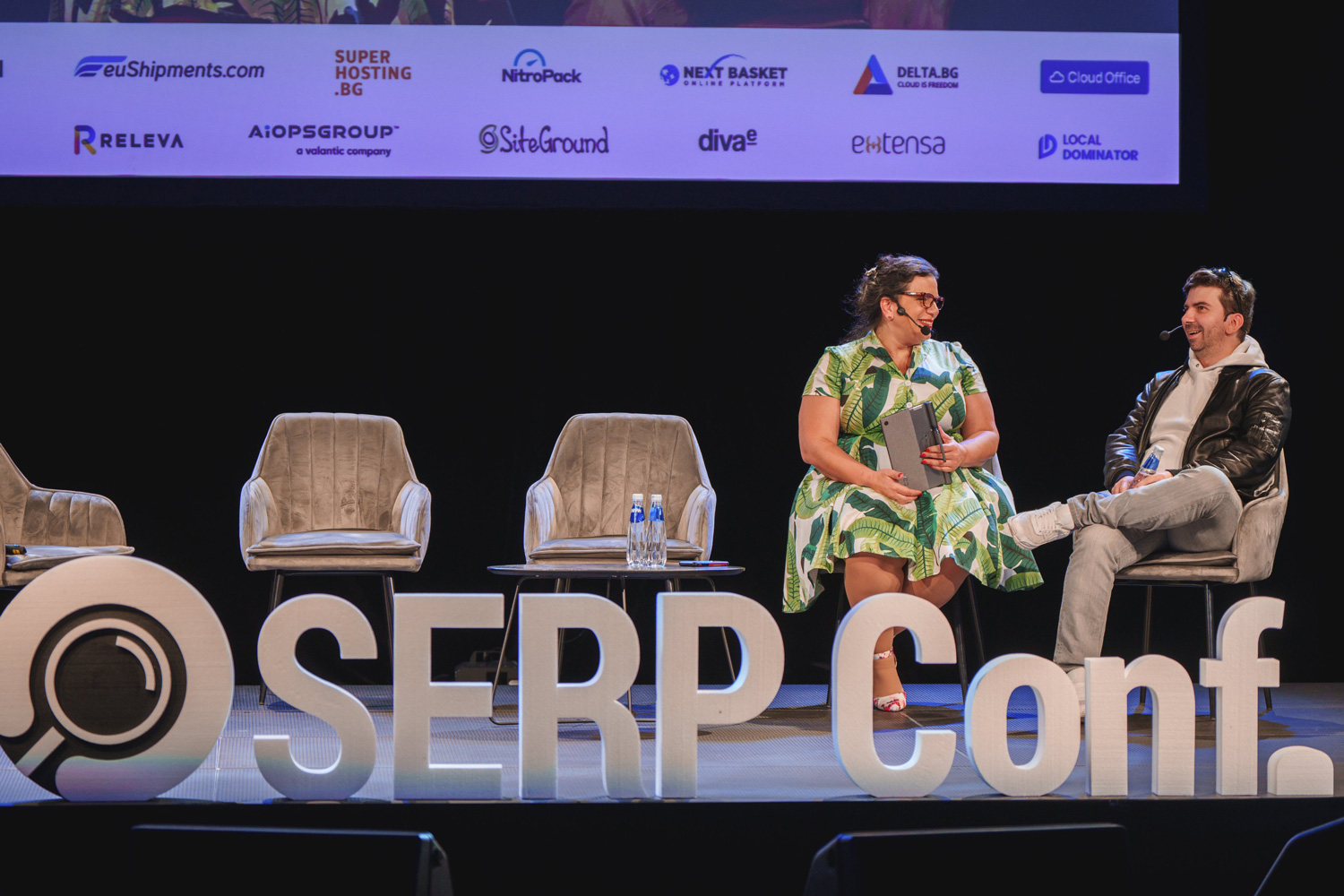SEARCHENGINES
Google Search Console International Targeting Setting Can Take Weeks To Update In Search

Google’s John Mueller said that it can take from a week to a couple of months for Google Search to pick up on the international targeting setting you selected in Google Search Console. He said it would likely go faster for news sites but other sites can take up to a couple of months.
Aleem Bawany asked John Mueller how long it takes to “expect to see the results or the impact” after the setting is changes in Google Search Console? John replied that he did not know exactly but his guess would be “anywhere from a week or two to maybe a month or two.” He added “with regards to a news website, I suspect it’ll be a little bit faster than usual.”
I should note, this setting is still in Google Search Console but in the “legacy tools” section and does not work for domain properties, only for specific URLs – at least at the time I wrote this story.
John said this at the 32 minute mark:
Here is that piece of the transcript:
ALEEM BAWANY: All right. I’ll do that. Thanks very much. Just a quick question. How soon would these settings take effect? Let’s say I make it international. How soon can I expect to see the results or the impact?
JOHN MUELLER: I don’t know. My guess is it’ll be anywhere from a week or two to maybe a month or two. So that’s the time frame that I suspect it takes for something like the geotargeting setting to change. With regards to a news website, I suspect it’ll be a little bit faster than usual, just because with a news website, we would focus on the newer content, and with the newer content we would see the setting very quickly. So probably more on the shorter side for a news website. But I don’t know all of the systems that are involved with geotargeting settings changes.
There is a whole other part of this conversation where Aleem thinks the site is penalized but John told he no, it is not. That maybe it has to do with this geotargeting setting. That part started at 26:52 mark into the video, here is that transcript:
ALEEM BAWANY: Thanks for taking my call. So we have a situation where we have a news website that’s one of the leading financial publications in the country. They’ve done well always. And there’s another sister website, completely unrelated. But again, it’s a smaller site, smaller traffic, a smaller number of stories daily, smaller number of stories overall.
The bigger website, the financial publication, over time we suspected that previous stakeholders, they did some nefarious activities. We think it’s penalized, but there’s no way for us to know that it’s been penalized. But lately what we noticed was that the other website sometimes takes stories from the financial publication with attribution. And on the lesser website, on Google News, it always seems to end up ranking higher. And we realized that the smaller website with the lower page rank potentially is ranking higher. We figured that something is afoot or something is amiss, and we don’t know how to go about it. I’ve disavowed a lot of links– over 3,000 links, and a lot of domains as well. We realized a lot of traffic is coming from Blogspot. Some of them are shady. We realized there was about 200 or 300 URLs that were marketing related. We blocked those about six to eight months ago.
We still are not able to rank higher. In fact, what happens is, on Google News, we’ll have a story. We’ll be the exclusive. We’ll be the first one. The whole E-A-T thing will be trustworthy. We are exclusive. We will rank very high. And as soon as even this lesser website or other websites publish the same story, even if they do a spin on our take, or if they have a genuine story, or a copy of or extrapolating from our story, when they do that, they suddenly start ranking higher. And we’ll immediately start disappearing into oblivion.
And now I’m tasked with improving the SEO. The editors are frustrated. We put a story, it’s original, and kind of feeling out of options on what to do. And the second part of the question is, with the Disavow list, there’s two ways to get the list. One is on these SEO Tools, the paid tools. They come up with a lot of URLs that don’t show up in the Search Console. So we’re looking at those lists, adding them to our Disavow list, and adding them. Should we be looking at both sides or not? And what are my options if there any recommended reading, or any– how should I go about this? Thank you.
JOHN MUELLER: Yeah. I think you posted on YouTube as well with the domain, right?
ALEEM BAWANY: Yes.
JOHN MUELLER: So I took a quick look at the domain beforehand, and I don’t see any kind of manual action or penalty associated with that domain. I also don’t see any issue with regards to the links for that domain. So my suspicion is, you probably don’t need to put a lot of time into the Disavow work. And probably even just focusing on Search Console links, if you actually find something really problematic there, would be enough. So that’s– I think from the overall point of view there, I don’t see anything really holding back this website in Search.
The main thing I did notice, though, is that you have geotargeting set up in Search Console for Pakistan. I don’t know if that’s by design, if that’s something that you’re trying to do. If you want to make a general English-speaking news website, then probably it makes sense to turn off the geotargeting there. So that might be something that can help you.
The other thing I think that I just realized in listening to your question is that you’re focusing very much on Google News. And while Google News does a lot of things similar to Google Search, I don’t know if it does everything in the same way. And in particular with regards to the ranking there, I don’t know if there might be separate things that Google News would do that doesn’t apply to Google Search.
So what I would also do there is try to contact someone on the Google News side. In the Help Center for Google News publishers, I believe there’s a form that you can use to contact the folks on the Google News side and to try to get some input from them as well. So that’s the direction I would take there.
I think when it comes to Search, the geotargeting, if you want to target countries other than Pakistan, like a general English-speaking news website, then I would definitely turn that off, because that can have an effect there in that it really focuses on Pakistan and then slightly focuses less on other countries.
Here is how Glenn Gabe summed that part up:
More from @johnmu: But check your geotargeting… If you want to have a general English news site, then it makes sense to turn off geotargeting there. If you target a specific country via GSC, then it can really focus on that country… & could focus less on other countries. pic.twitter.com/OAr4kIu6ts
— Glenn Gabe (@glenngabe) January 3, 2022
Forum discussion at Twitter.
SEARCHENGINES
Google Won’t Change The 301 Signals For Ranking & SEO

Gary Illyes from Google said on stage at the SERP conference last week that there is no way that Google would change how the 301 redirect signal works for SEO or search rankings. Gary added that it’s a very reliable signal.
Nikola Minkov quoted Gary Illyes as saying, “It is a very reliable signal, and there is no way we could change that signal,” when asked if a 301 redirect not working is a myth. Honestly, I am not sure the context of this question, as it is not clear from the post on X, but here it is:
More from @methode:
– 301 redirect not working is a myth. “It is a very reliable signal, and there is no way we could change that signal”.#SERPConf2024#SERPConf2024International— Nikola Minkov (@n_minkov) April 19, 2024
We’ve covered 301 redirects here countless times – but I never saw a myth that Google does not use 301 redirects as a signal for canonicalization or for passing signals from an old URL to the redirected URL.
Forum discussion at X.
Note: This was pre-written and scheduled to be posted today, I am currently offline for Passover.
SEARCHENGINES
Google Again Says Ignore Link Spam Especially To 404 Pages

I am not sure how many times Google has said that you do not need to disavow spammy links, that you can ignore link spam attacks and that links pointing to pages that 404/410 are links that do not count – but John Mueller from Google said it again.
In a thread on X, John Mueller from Google wrote, “if the links are going to URLs that 404 on your site, they’re already dropped.” “They do nothing,” he added, “If there’s no indexable destination URL, there’s no link.”
John then added, “I’d generally ignore link-spam, and definitely ignore link-spam to 404s.”
Asking if it would hurt to disavow, after responding with the messages above, John wrote:
It will do absolutely nothing. I would take the time to rework a holistic & forward-looking strategy for the site overall instead of working on incremental tweaks (other tweaks might do something, but you probably need real change, not tweaks).
Earlier this year we had tons of SEOs notice spammy links to 404 error pages, John said ignore them. In 2021, Google said links to 404 pages do not count, Google also said that in 2012 and many other times.
Plus, outside of links to 404 pages, Google has said to ignore spammy links, time and time again – even the toxic links – ignore them. The messaging around this changed in 2016 when Penguin 4.0 was released and Google began devaluing links over demoting them.
Here are those new posts in context:
I’d say add both. Lol
— Jeremy Rivera (@JeremyRiveraSEO) April 11, 2024
Sure. But also, save yourself the work completely :-).
— John 🧀 … 🧀 (@JohnMu) April 11, 2024
Re-reading your initial post – if the links are going to URLs that 404 on your site, they’re already dropped. They do nothing. If there’s no indexable destination URL, there’s no link. I’d generally ignore link-spam, and definitely ignore link-spam to 404s.
— John 🧀 … 🧀 (@JohnMu) April 11, 2024
… but still… is this a dumb idea?
— Rebekah Edwards (@rebekah_creates) April 11, 2024
It will do absolutely nothing. I would take the time to rework a holistic & forward-looking strategy for the site overall instead of working on incremental tweaks (other tweaks might do something, but you probably need real change, not tweaks).
— John 🧀 … 🧀 (@JohnMu) April 11, 2024
And in general, Google says it ignores spammy links, so you should too (not new) but this post from John Mueller is:
I would just ignore them, Google ignores them too. Sometimes they’re just more visible in tools, but that doesn’t mean they’re a problem.
— John 🧀 … 🧀 (@JohnMu) April 18, 2024
And then also on Mastodon wrote about a similar situation, “Google has 2 decades of practice of ignoring spammy links. There’s no need to do anything for those links.”
Forum discussion at X.
Note: This was pre-written and scheduled to be posted today, I am currently offline for Passover.
SEARCHENGINES
Google Needs Very Few Links To Rank Pages; Links Are Less Important

Gary Illyes from Google spoke at the SERP Conf on Friday and he said what he said numerous times before, that Google values links a lot less today than it did in the past. He added that Google Search “needs very few links to rank pages.”
Gary reportedly said, “We need very few links to rank pages… Over the years we’ve made links less important.”
I am quoting Patrick Stox who is quoting what he heard Gary say on stage at the event. Here is Patrick’s post where Gary did a rare reply:
I shouldn’t have said that… I definitely shouldn’t have said that
— Gary 鯨理/경리 Illyes (so official, trust me) (@methode) April 19, 2024
Gary said this a year ago, also in 2022 and other times as well. We previously covered that Google said links would likely become even less important in the future. And even Matt Cutts, the former Googler, said something similar about eight years ago and the truth is, links are weighted a lot less than it was eight years ago and that trend continues. A couple of years ago, Google said links are not the most important Google search ranking factor.
Of course, many SEOs think Google lies about this.
Judith Lewis interviewed Gary Illyes at the SERP Conf this past Friday.
-

 PPC6 days ago
PPC6 days ago19 Best SEO Tools in 2024 (For Every Use Case)
-

 MARKETING7 days ago
MARKETING7 days agoEcommerce evolution: Blurring the lines between B2B and B2C
-
SEARCHENGINES5 days ago
Daily Search Forum Recap: April 19, 2024
-
SEARCHENGINES6 days ago
Daily Search Forum Recap: April 18, 2024
-

 WORDPRESS6 days ago
WORDPRESS6 days agoHow to Make $5000 of Passive Income Every Month in WordPress
-

 SEO7 days ago
SEO7 days ago2024 WordPress Vulnerability Report Shows Errors Sites Keep Making
-

 WORDPRESS6 days ago
WORDPRESS6 days ago10 Amazing WordPress Design Resouces – WordPress.com News
-
WORDPRESS7 days ago
[GET] The7 Website And Ecommerce Builder For WordPress








You must be logged in to post a comment Login